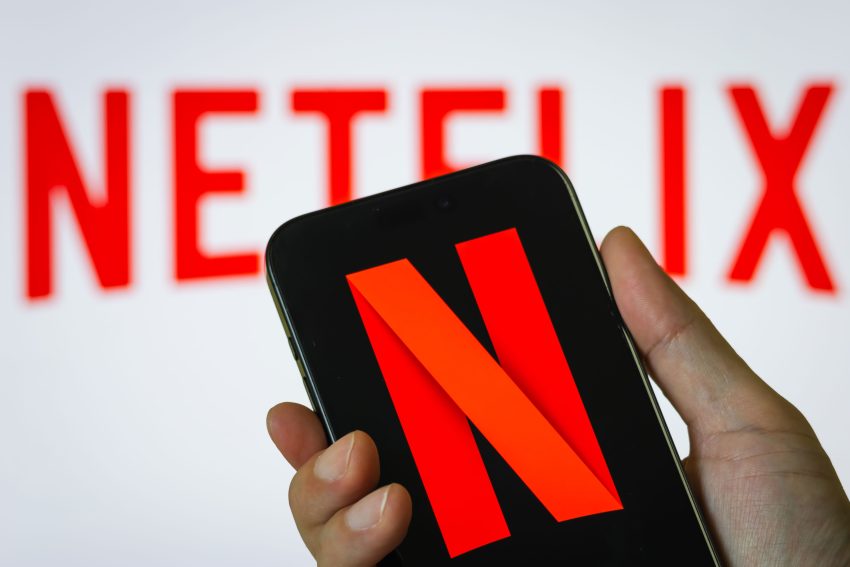Netflix Embraces Generative AI in Production
Netflix has taken a bold step into the world of artificial intelligence, no longer hiding its interest in using generative AI for content creation. During its most recent earnings call, the streaming giant confirmed that it utilized AI tools to generate visual effects for The Eternaut, an Argentine post-apocalyptic drama series. This move marks a significant shift in how the company approaches production and storytelling.
According to reports, the creators of The Eternaut wanted a dramatic sequence showing a collapsing building to highlight a pivotal moment in the story. Instead of relying on traditional visual effects (VFX) studios, they turned to generative AI tools. Co-CEO Ted Sarandos shared details about this decision, stating that the use of AI-powered tools allowed the team to achieve impressive results with remarkable speed. He emphasized that the VFX sequence was completed ten times faster than it would have been using conventional methods.
This isn’t just a one-time experiment. Reports suggest that Netflix plans to integrate AI-generated advertisements into its ad-supported tier starting in 2026. However, The Eternaut stands out as a milestone, as it features “the very first Gen AI final footage to appear on screen in a Netflix original series or film.” This development signals a growing trend within the entertainment industry, where AI is becoming an integral part of the creative process.
Despite the technological advancements, not everyone is celebrating this shift. The Hollywood creative community remains concerned about the role of generative AI in production. Several films, such as The Brutalist and Late Night with the Devil, faced criticism even for minimal AI involvement. These concerns have caught the attention of SAG-AFTRA, the union representing actors and other performers. The issue is expected to become a major topic of discussion in future industry negotiations.
As AI continues to evolve, its impact on the entertainment sector is undeniable. While some see it as a tool for efficiency and innovation, others worry about the potential loss of human creativity and the implications for jobs in the industry. The debate over AI’s role in filmmaking and television is likely to intensify in the coming years.
Netflix’s use of generative AI in The Eternaut highlights the company’s commitment to exploring new technologies. It also raises important questions about the future of content creation and the balance between automation and artistry. As more studios adopt similar approaches, the entertainment landscape will continue to change, reshaping how stories are told and experienced by audiences around the world.
